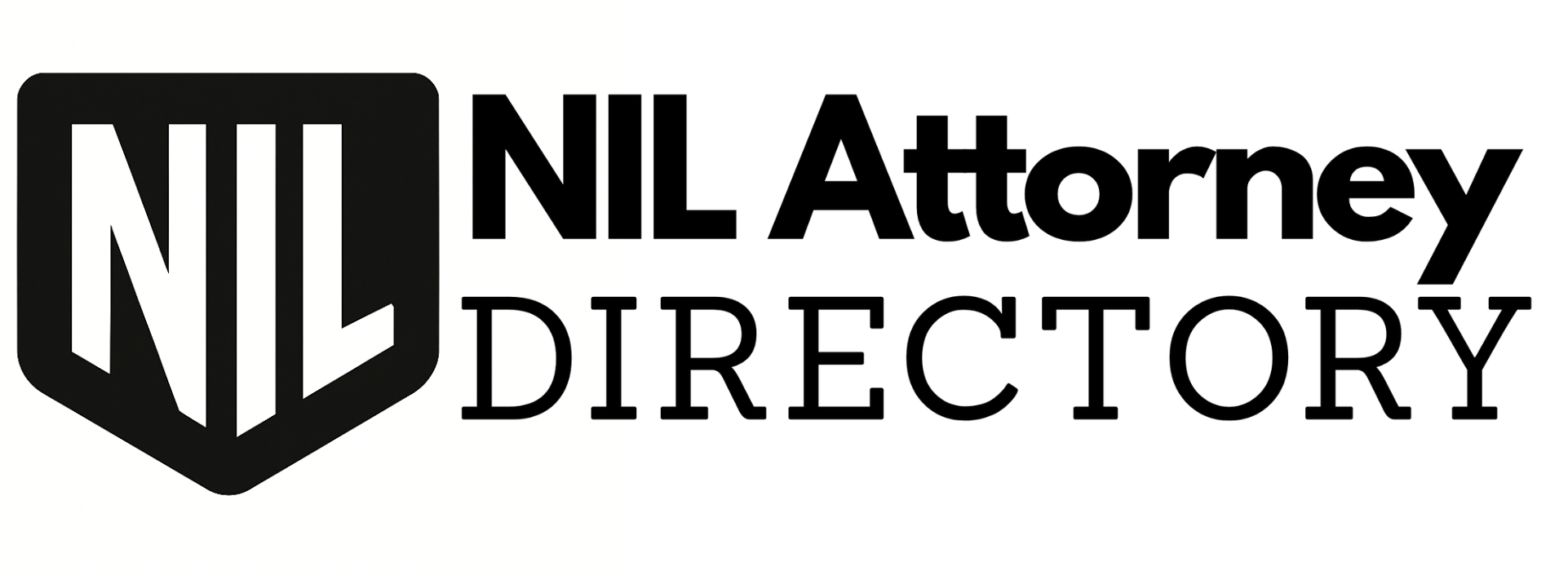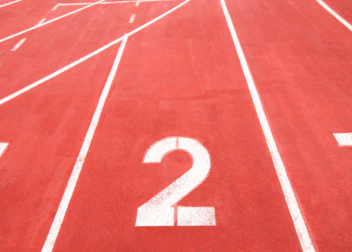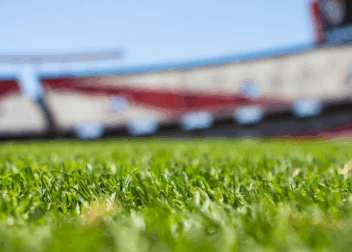The Difference Between NIL Agents and NIL Attorneys
Who Does What in Protecting Your Interests
The Name, Image, and Likeness (NIL) era has transformed student-athletes into entrepreneurs. Alongside training, classes, and competition, athletes now negotiate endorsement deals, social media campaigns, and sponsorship opportunities. With so much at stake, many athletes ask the same question: Do I need an agent, an attorney, or both?
The answer depends on your situation—but understanding the distinct roles of NIL agents and NIL attorneys will help you decide who should be on your team.
What NIL Agents Do
NIL agents focus on securing and managing deals. Their primary responsibilities include:
- Finding Opportunities: Agents network with brands, companies, and sponsors to create partnerships for athletes.
- Negotiating Business Terms: They bargain over payment amounts, deliverables, timelines, and brand commitments.
- Marketing & Promotion: Many agents help athletes develop personal brands and grow their social media reach.
- Career Guidance: Beyond NIL, agents often provide advice on building a long-term career in sports and entertainment.
Think of an agent as the offense—they move the ball down the field by generating opportunities.
What NIL Attorneys Do
NIL attorneys focus on legal protection and compliance. Their primary responsibilities include:
- Contract Review & Negotiation: Attorneys examine the fine print and protect athletes from unfair or harmful terms.
- Eligibility & Compliance: They ensure deals meet NCAA, state, and university NIL rules to safeguard eligibility.
- Intellectual Property Protection: Attorneys help athletes secure rights to their name, image, logos, and personal brands.
- Dispute Resolution: If conflicts arise, attorneys step in to defend athletes’ rights and enforce agreements.
Think of an attorney as the defense—they block risks and make sure no one takes advantage of you.
Why Athletes Often Need Both
While agents and attorneys both work with contracts, their goals are different. Agents are focused on securing as many deals as possible and negotiating favorable business terms. Attorneys make sure those deals are legally sound, compliant, and fair.
For example:
- An agent may secure a shoe deal with a national brand.
- An attorney reviews the contract to ensure you don’t accidentally give away lifelong rights to your image or violate NCAA rules.
Together, they provide a balance of opportunity and protection.
Avoiding Role Confusion
Some athletes assume an agent can replace an attorney or vice versa, but this can be risky. Agents are not licensed to provide legal advice, and attorneys typically don’t solicit sponsorships or endorsements. Each has a specific role, and when they stay in their lane, athletes benefit the most.
The Bottom Line
NIL agents find the deals. NIL attorneys protect you in the deals. Both are valuable, and both should work together to safeguard your athletic career, your brand, and your financial future.
As an athlete, you are essentially the CEO of your own business. Building a strong support team—with the right agent, attorney, and financial advisor—ensures that your business not only grows but also thrives safely.


